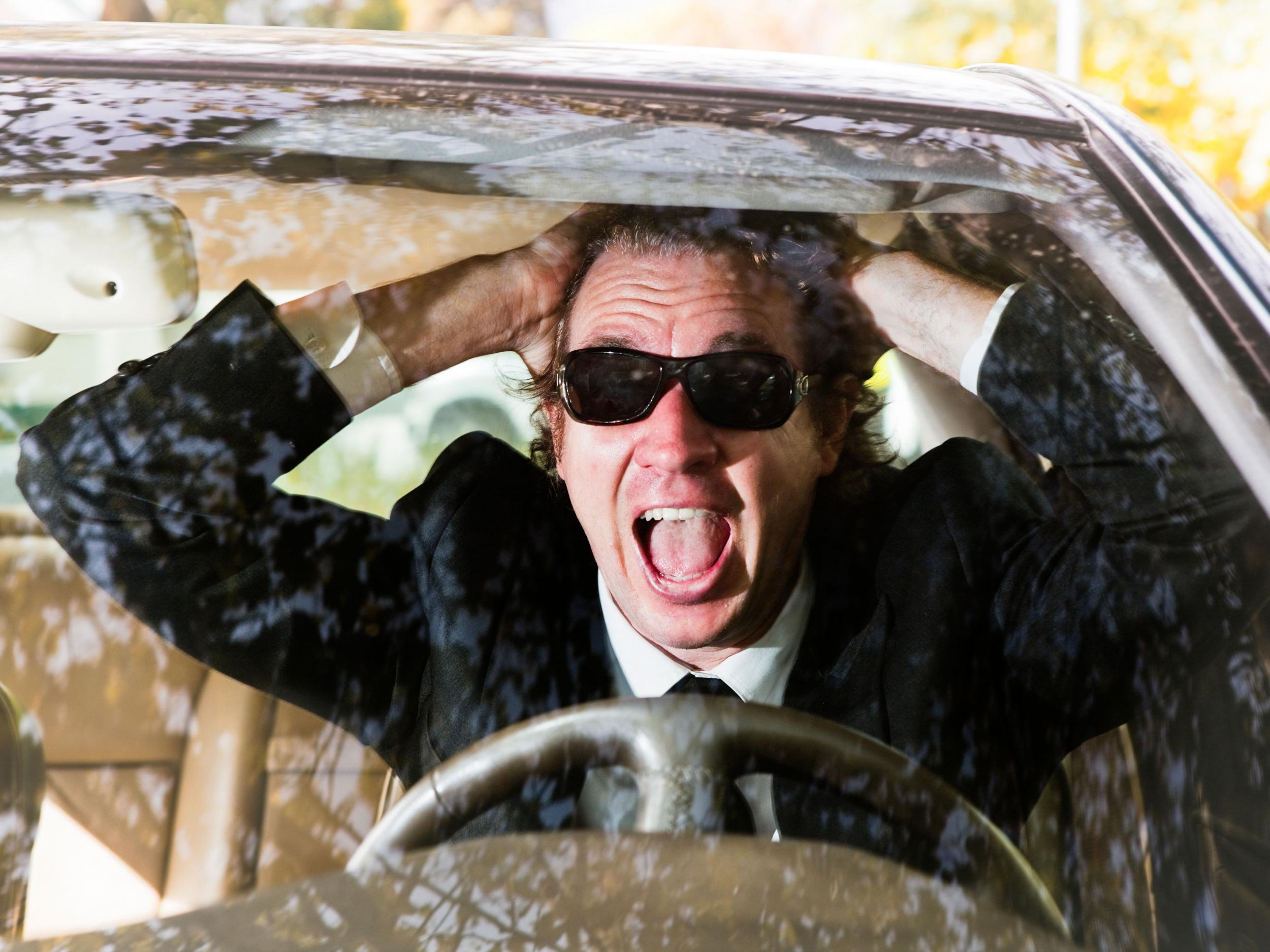Negative people more likely to be involved in car accidents, study finds
Those who have a glass-half-empty outlook tend to respond to negative stimuli at a slower pace

Being a pessimist could make you more prone to being involved in car accidents, according to a new study.
Researchers from the Chinese Academy of Science's Institute of Psychology in Beijing have studied the character traits of drivers to discover whether someone's outlook on life could influence their likelihood of crashing.
The study, published in the journal PLOS ONE, analysed 38 drivers with at least three years' driving experience.
The drivers were split into two groups based on the number of penalty points on their driving records.
Fifteen drivers were catagoraised as "dangerous" based on their records and 23 were labelled "safe".
Both groups were surveyed on their driving habits, including whether or not they wore a seatbelt or would drive through a red light.
Each participant was then asked to identify whether a series of photographs had a red or blue border – the images in the photographs were chosen to incite negative, positive or neutral emotions in the participants.
The study revealed drivers classed as "dangerous" took longer to identify the colour of the border when shown a negative image. This, according to the researchers, indicated a negativity bias – the name given by psychologists to the human tendency to be more influenced by negative experiences.
Negativity bias was not detected among drivers in the "safe" group, and there was no difference in their response time to photos.
Past research, such as that published in the journal Applied Cognitive Psychology, has shown those who have a glass-half-empty outlook tend to respond to negative stimuli at a slower pace, compared to those with a positive mentality.
Other studies, cited by the researchers, found irate people tend to focus on the bad in the world around them, meaning they are more likely to experience heated outbursts, taking their attention away from the road.
This emotional effect creates a “visual tunnelling”, hindering a person’s ability to be fully lucid in the present and making it more difficult for a driver to think swiftly and clearly.
“[Previous researchers] have not explored the relationship between emotional information processing and driving behaviour,” said the study's researchers led by Dr Jing Chai.
“Drivers with strong negativity biases reported having been involved in more crashes compared with less-biased drivers,”
Overall, anger increases someone's susceptibility of colliding on the road. But, understanding that a high number of accidents may be due to someone's attitude could help researchers delve further into understanding what causes human error on the road.
Researchers concluded: “The influence of negativity bias provides a possible explanation for the effects of individual difference on dangerous driving and traffic crashes.”
Join our commenting forum
Join thought-provoking conversations, follow other Independent readers and see their replies
Comments
Bookmark popover
Removed from bookmarks